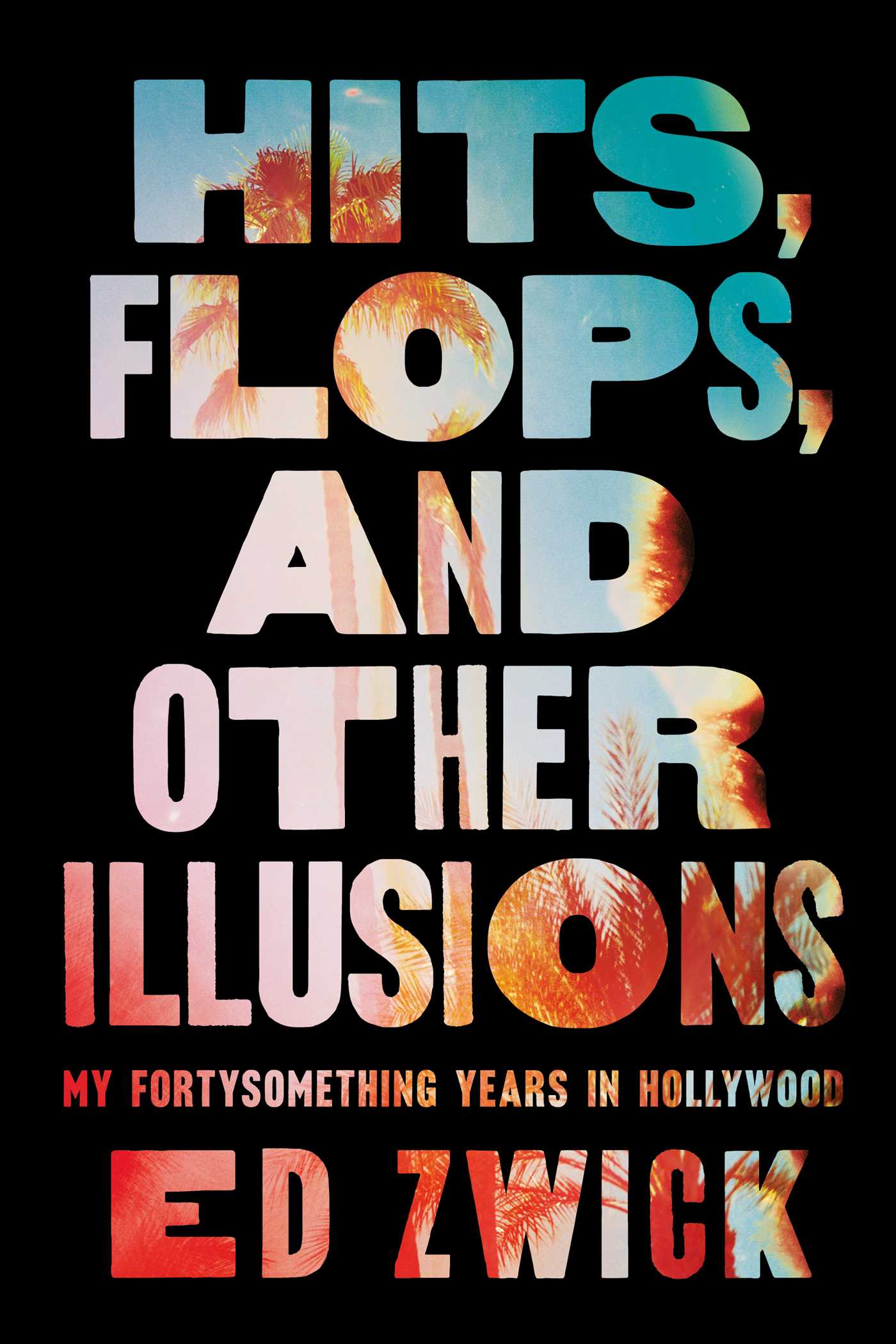
Hits, Flops, and Other Illusions: My Fortysomething Years in Hollywood
Ed Zwick
Publisher
Gallery Books
Publication Date
2/13/2024
ISBN
9781668046999
Pages
304
Questions & Answers
Edward Zwick reflects on his Hollywood journey with a mix of nostalgia, self-reflection, and critical analysis. He recounts his early days at the AFI Conservatory, where he faced both failure and inspiration, learning from mentors like Nina Foch and Ján Kadár. His experiences with major studios, such as working with Woody Allen and Sydney Pollack, are highlighted, showcasing the challenges and rewards of collaboration. Zwick also discusses the evolution of the film industry, noting the shift from studio-driven to audience-driven content and the impact of streaming platforms. He reflects on the changing nature of storytelling and the challenges of maintaining artistic integrity in a commercial landscape, emphasizing the importance of perseverance and the pursuit of meaningful work.
Throughout his career, Edward Zwick faced numerous challenges and obstacles. One significant challenge was working with actors, particularly navigating their egos and managing their expectations. He often had to balance the actors' desires for creative control with his own vision for the film. For instance, he had to deal with actors like Dustin Hoffman, who were difficult to work with due to their strong personalities and high expectations.
Navigating the Hollywood system was another major challenge. Zwick often found himself at odds with studio executives who wanted to control the creative process. He had to fight for his vision and often had to compromise to get his films made. This included dealing with studio politics, such as when his film "Leaving Normal" faced difficulties with casting and production.
Balancing commercial success with artistic integrity was also a constant struggle. Zwick often chose to make films with social or political themes, which could be risky in terms of box office success. He had to navigate the tension between making films that would appeal to a wide audience and staying true to his artistic vision. Despite these challenges, Zwick remained committed to making films that mattered to him, which has contributed to his enduring career in Hollywood.
Edward Zwick's personal experiences significantly influence his filmmaking and the themes he explores. His Jewish heritage, particularly his relationship with his father, a narcissistic narcissist, has shaped his fascination with movie stars and his complex relationships with them. His struggles with illness, such as his battle with non-Hodgkin's lymphoma, have informed his work's exploration of themes like love, loss, and resilience. His relationships with family and colleagues, including his marriage to Liberty Godshall and his collaborations with Marshall Herskovitz, have influenced his focus on friendship, mentorship, and the challenges of balancing personal and professional lives. These experiences contribute to his storytelling, which often delves into complex human emotions, societal issues, and the search for identity and meaning.
The author, Edward Zwick, has witnessed a significant transformation in storytelling in film and television. He notes the shift from the communal experience of watching movies in theaters to the individualized, fragmented consumption of streaming content. This change, he suggests, has led to a decline in the theatrical experience, which he values highly. He also observes the impact of digital media on storytelling, noting that while technology has expanded possibilities, it can also lead to a focus on spectacle over substance. Zwick laments the loss of complex characters and narratives in favor of simpler, more marketable content, particularly in the realm of streaming platforms. He emphasizes the importance of storytelling that reflects contemporary life and its complexities, suggesting that the current trend towards mindless entertainment is a disservice to the art of storytelling.
Edward Zwick's insights on the role of the director in filmmaking are multifaceted. He emphasizes the importance of collaboration, particularly with writers, actors, and department heads, to refine and enhance the creative vision. He believes in fostering an environment where differing viewpoints are respected, allowing for a collective growth in the project.
Zwick's approach to working with actors is to create a space where truth and authenticity are paramount. He encourages actors to be present and to not act, but rather to be themselves, which he believes is the essence of great acting. He also acknowledges the director's role as a facilitator, helping actors find their way into their characters and scenes.
Regarding the balance between creative vision and studio demands, Zwick acknowledges the inherent tension between the artist and the studio. He suggests that while studios provide the means to realize one's vision, they often come with their own expectations and limitations. Zwick advocates for persistence and a willingness to fight for one's vision, while also being open to compromise and negotiation. He views the filmmaking process as a series of small humiliations interrupted by bigger ones, reflecting the challenges of navigating the complex relationship between creative vision and studio demands.